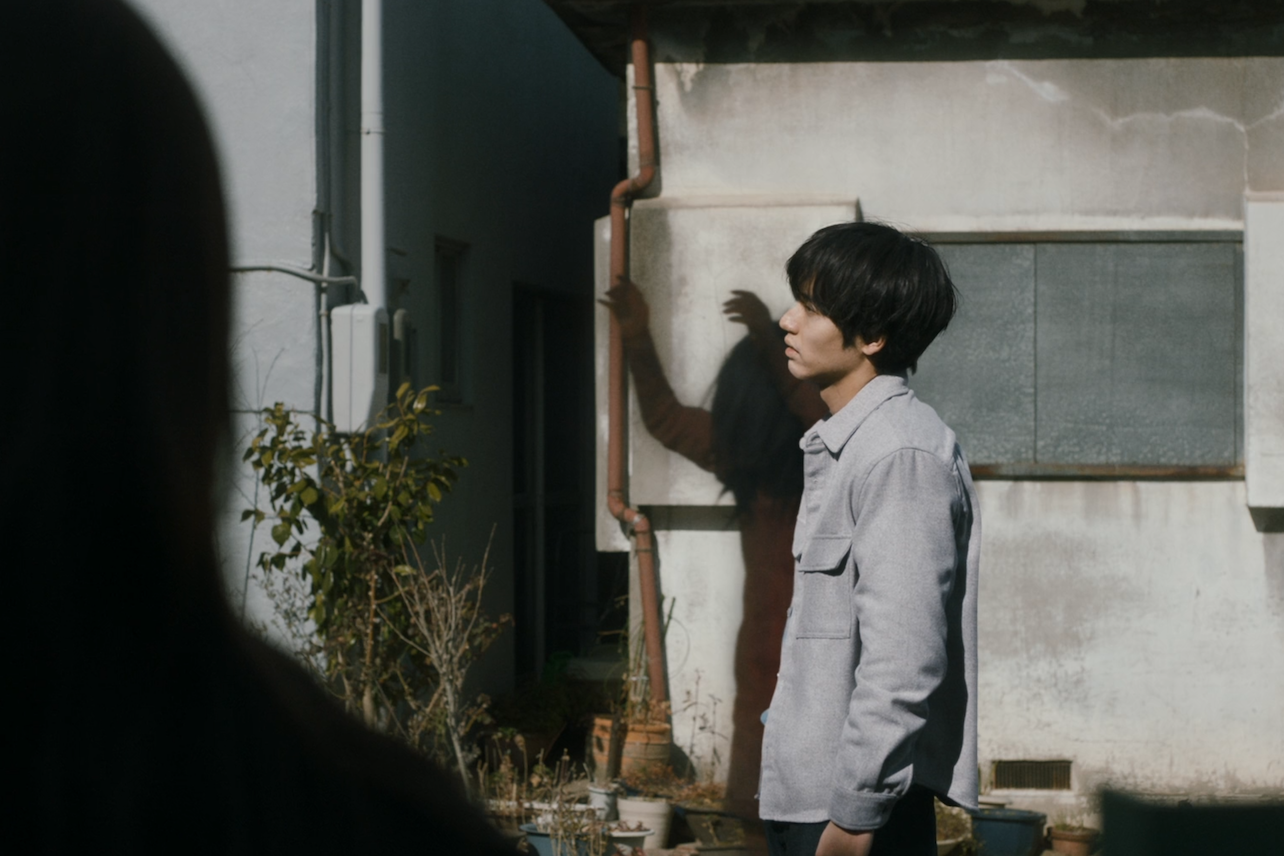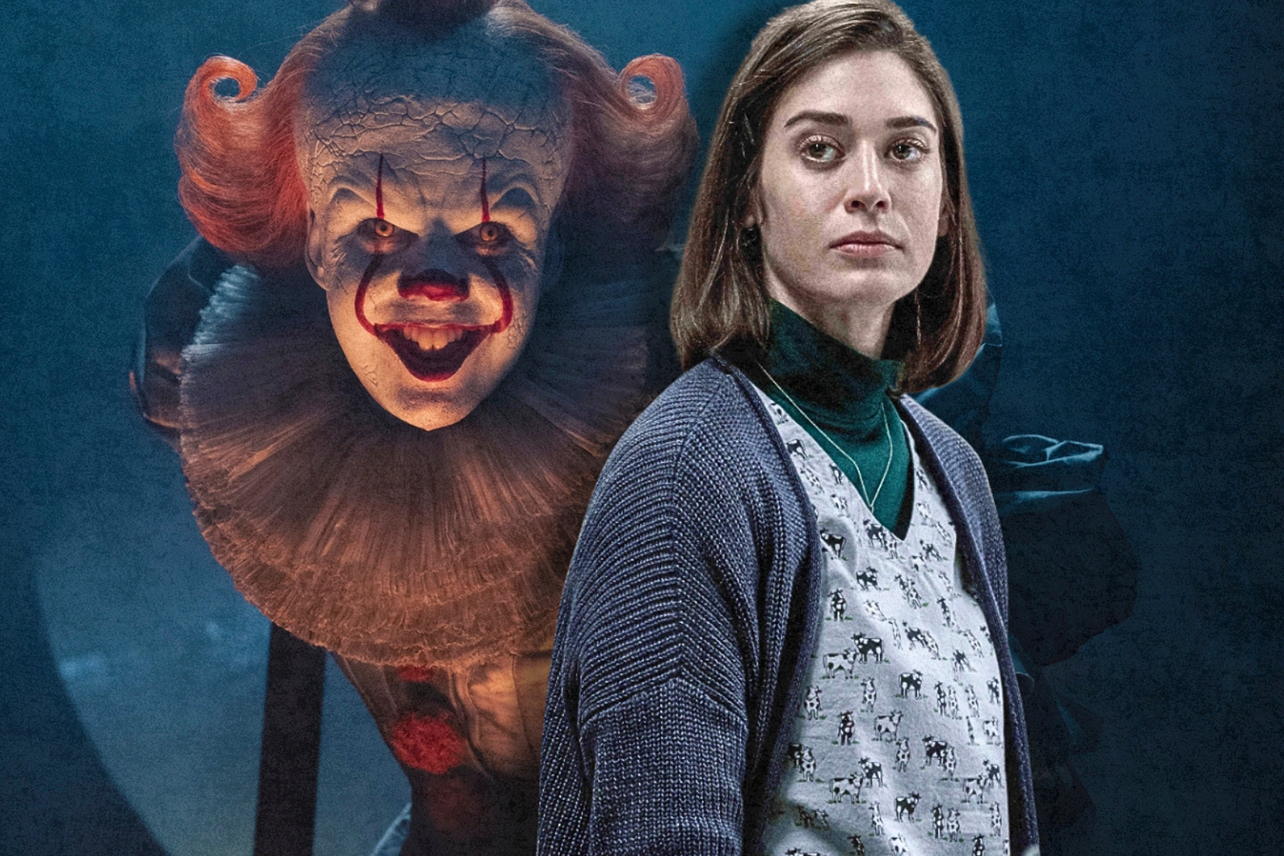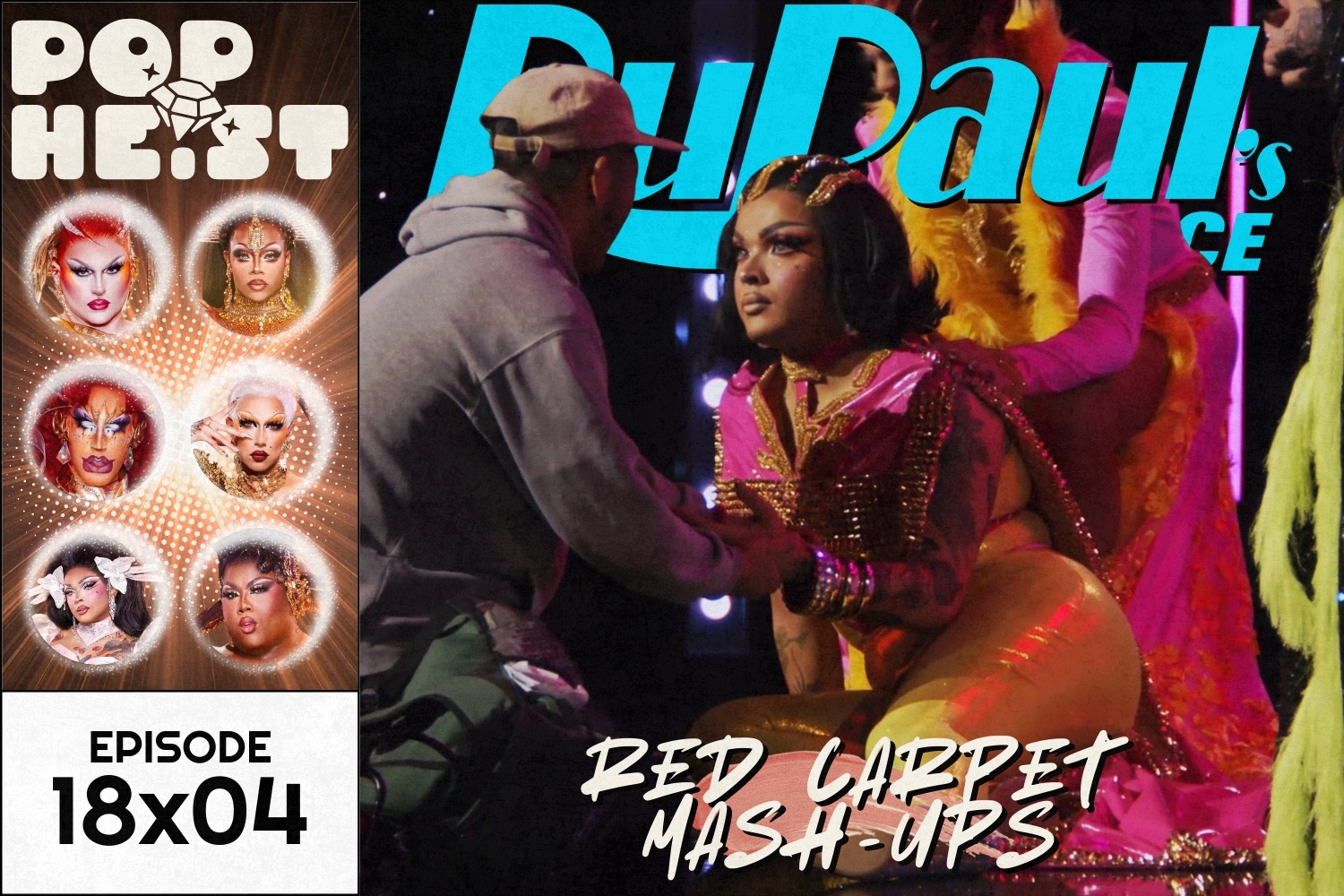No Other Choice
Writer: Park Chan-wook, Lee Kyoung-mi, Jahye Lee, Don McKellar, Donald E. Westlake
Director: Park Chan-wook
Cast: Lee Byung-hun, Son Ye-jin, Park Hee-soon, Lee Sung-min, Yeom Hye-ran
It'll be a struggle to find a more topical movie in 2025 than Park Chan-wook's latest, No Other Choice. Unemployment is rampant everywhere as Korea's workforce is being decimated by the speedy growth of A.I. Here in the States, we're recording unemployment levels unseen since the COVID-19 heights. The unemployed are seeking solace wherever they can find it; there are even dedicated groups for individuals to commemorate their experiences of being laid off. ATS (Automatic Tracking Systems) meant to assist employers with hiring, weed out qualified applicants due to forgotten keywords. Given all this, Donald E. Westlake's novel, The Ax, about a man who murders more qualified applicants who stand in the way of his employment couldn't be more believable. In the hands of master filmmaker Park Chan-wook it becomes a question of who is more at fault — the man desperate enough to murder, or the system that failed him so spectacularly.
In a moment of pure bliss, Man-soo (Lee Byung-hun of Squid Game fame) celebrates his glorious life in his ideal home while cherry blossoms float through the air. His company has sent him a glorious eel to grill and enjoy. His family enjoys all the luxuries of job security — his wife (Son Ye-jin) only needs to focus on her tennis game and dance moves, his gifted daughter receives cello lessons from only the best instructors, and his son drifts through life contentedly. They have the perfect ideal of family life, even their two beautiful dogs. That moment represents his peak; it couldn't possibly get any better. The only place left to go is down. Down into the dirt.
The eel wasn't a reward for his service of twenty-five years; rather, it was intended as a goodbye gift from his company. He'd worked in paper for his entire life, and his impeccable service record, including the prestigious "Pulp Man of the Year" award, didn't save his job. An American company has bought his paper company and they need to downsize in order to make their profit margins. There's a noble attempt to unionize, but ultimately it's all for naught. All that's given is some therapy, a pat on the back, and some encouragement that he'll find meaningful employment soon.
As the months go on, the family needs to make sacrifices. No more tennis, no more fancy dance classes, and all streaming services must be canceled. The only thing that must be kept is the cello lessons for his daughter. She doesn't speak, only mimics what other people say. It's only through her magnificence in cello that she could possibly thrive. And that's enough motivation to evaluate ulterior means of survival.
After failed interviews and multiple dead ends, Man-soo devises a scheme to remove the superior applicants from the talent pool. Permanently. What's the best way to find your competition? Become the company that's doing the hiring. With a collection of fresh resumes in hand, Man-soo is able to winnow his list down to a few specific candidates, each one a victim of the broken jobs system.
Park Chan-wook's films always find a way to have fun with the deviousness on the screen, and No Other Choice is no different. When Man-soo pretends to be a hiring manager returning a phone call for a potential meeting, his face overlaps with that of the job seeker. You can almost feel the desperation radiating off the screen. These men have been tossed aside for many of the same reasons, and they handle it in similarly poor ways. Excessive drinking, overindulgence, insecurity, and a lack of self-confidence are the themes of the day. Although Man-soon has committed to this path of violence, he quickly discovers he's not all that capable of a killer. In one such sequence, he's devised a make-shift silencer for his gun — a series of increasingly smaller oven mitts. This brevity is found in all of Park Chan-wook's work, which makes the often horrific events on screen funny in a peculiar way.
What really makes No Other Choice work is the performance of Lee Byung-hun. This man is no killer, but he's been pushed so far that something has snapped in him. He feels righteous in the fact that he's doing all this for his family. That drive makes everything that comes afterwards part of the greater good. Although most of the movie is focused almost exclusively on Man-soo's plight, his wife, as portrayed by Son Ye-jin, must wrestle with her reality. It would be simple to write her off as only a passenger on this ride; she's battling her own demons as this new reality of unemployment affects their life not only financially, but emotionally. Her performance carries the weight of all this, as she is also facing the immense burden.
No Other Choice continues Park Chan-wook's spectacular run of excellent work following Decision to Leave and The Handmaiden. With this film, the director delivers a riveting and often devastating look at how unemployment eats away at individuals. Given his history in highlighting the absolute worst in human beings, perhaps he's the best suited to tackle this material. If we can't laugh at a broken system, what else can we do?
If you haven't already, consider supporting worker-owned media by subscribing to Pop Heist. We are ad-free and operating outside the algorithm, so all dollars go directly to paying the staff members and writers who make articles like this one possible.






